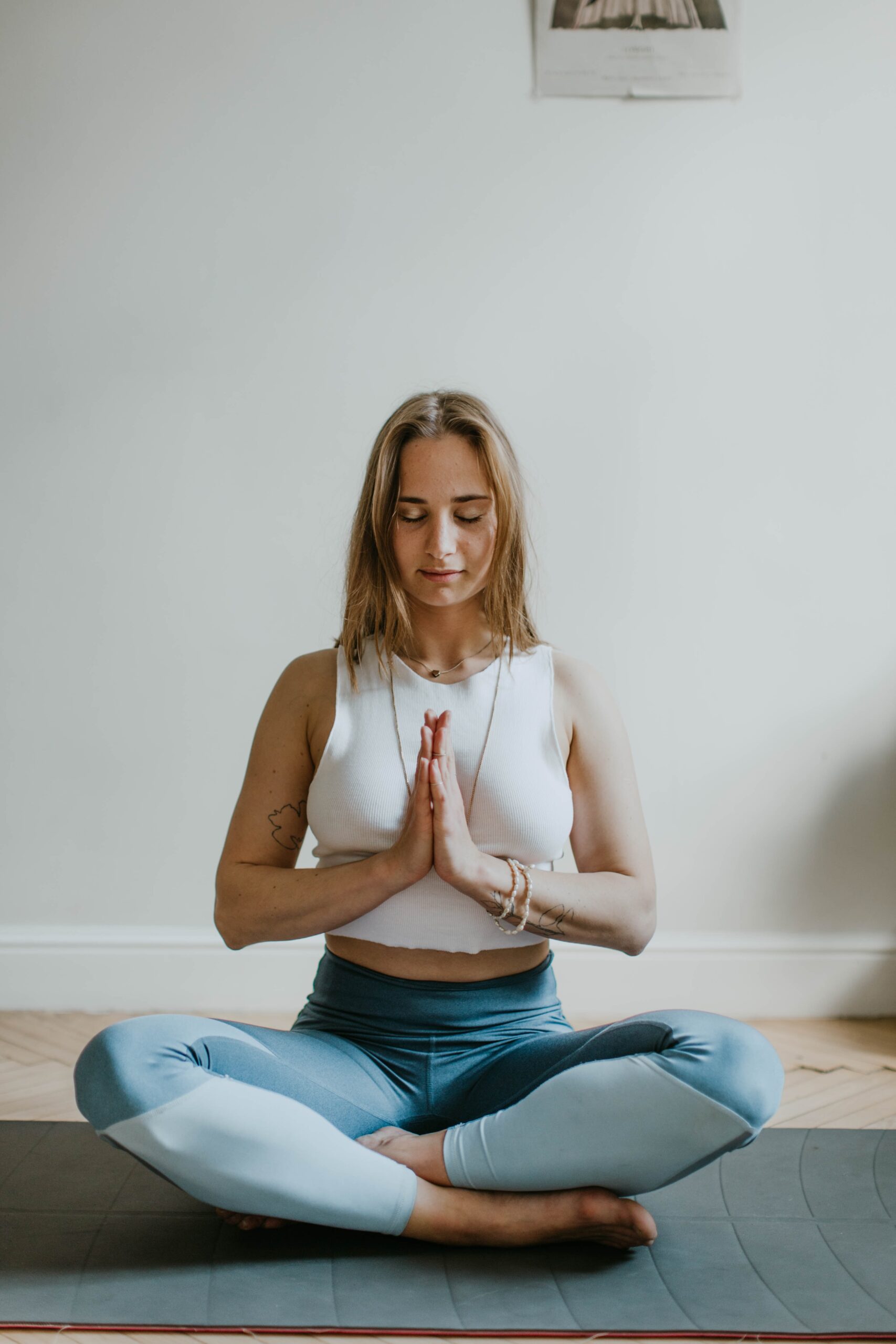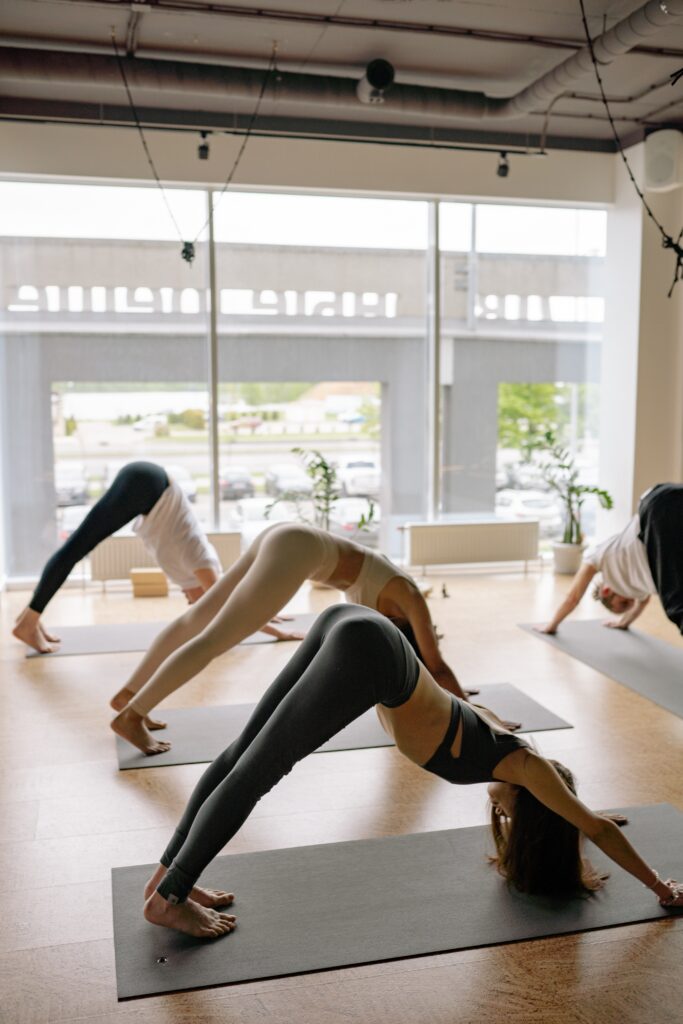A Beginner’s Guide to Meditation – Discover Inner Peace
Welcome to our health and wellness blog! In this article, we’ll delve into the fascinating world of meditation—an ancient practice that has gained immense popularity in recent years. Meditation offers a doorway to inner peace, improved focus, reduced stress, and enhanced well-being. Whether you’re new to meditation or looking to deepen your practice, this guide will provide you with a simple and effective method to get started.


WHY MEDITATE?
Meditation has been practiced for thousands of years across various cultures and traditions. It allows us to create a quiet space within our minds and connect with our inner selves.
In today’s fast-paced world, meditation offers an invaluable opportunity to slow down, gain clarity, and find inner peace amidst the chaos.
THE BENEFITS OF MEDITATION
Meditation has numerous benefits for our physical, mental, and emotional well-being. Research shows that regular meditation practice can reduce stress, anxiety, and depression, improve focus and concentration, enhance creativity, boost immune function, and increase overall happiness and contentment.
TOP 10 BENEFITS OF MEDITATION
- Reduces stress and anxiety
- Enhances emotional well-being
- Improves focus, attention, and concentration
- Promotes better sleep and relaxation
- Boosts self-awareness and introspection
- Increases resilience to handle life’s challenges
- Enhances cognitive abilities and memory
- Cultivates mindfulness and present moment awareness
- Supports overall mental and physical health
- Fosters a sense of inner peace and happiness

WHAT PROBLEMS DOES MEDITATION ADDRESS?
Meditation is not a magic cure-all, but it can have a positive impact on various aspects of your life.
Here are some common problems that meditation can help address:
Stress and anxiety: Meditation provides a natural way to manage stress and anxiety by inducing a state of relaxation and promoting a sense of calm.
Lack of focus and concentration: Regular meditation practice can improve focus, attention span, and overall cognitive function, allowing individuals to concentrate better on tasks and achieve greater mental clarity.
Emotional instability: By cultivating mindfulness and self-awareness, meditation can help individuals regulate their emotions, reduce reactivity, and develop a more balanced and stable emotional state.
Sleep difficulties: Insomnia and sleep disturbances can be improved through meditation, as it helps calm the mind, reduce racing thoughts, and create a conducive environment for restful sleep.
Chronic pain and physical discomfort: Research suggests that meditation can help individuals manage chronic pain by promoting relaxation, reducing stress-related inflammation, and enhancing pain tolerance.
Overall well-being: Meditation contributes to overall well-being by fostering a positive mindset, enhancing self-compassion, and promoting a greater sense of inner peace and contentment.
Remember, meditation is a personal journey, and its effects may vary from person to person. It is always advisable to consult with a healthcare professional if you have specific medical or mental health concerns.

FAMOUS PEOPLE WHO MEDITATE
Many influential individuals across different fields have embraced meditation as a tool for personal growth and success. From business tycoons like Oprah Winfrey and Elon Musk to renowned athletes like LeBron James and Novak Djokovic, meditation has become an integral part of their routines, helping them find balance and excel in their respective fields.
HOW TO MEDITATE: THE EASIEST METHOD FOR BEGINNERS
To begin your meditation journey, follow these simple steps:
- Find a quiet and comfortable space where you won’t be disturbed.
- Sit in a comfortable position, either on a cushion or a chair, with your spine erect and shoulders relaxed.
- Close your eyes and bring your attention to your breath. Notice the sensations of each inhale and exhale.
- When thoughts arise, gently acknowledge them without judgment and bring your focus back to your breath.
- Start with short sessions of 5-10 minutes and gradually increase the duration as you become more comfortable.
ADDITIONAL TIPS
- Experiment with different meditation techniques like guided meditation, mindfulness meditation, or loving-kindness meditation to find what resonates with you.
- Consistency is key. Aim for regular practice, even if it’s just a few minutes each day.
- Consider joining a meditation group or using meditation apps for guidance and support.
- Be patient with yourself. Meditation is a skill that improves with practice, so embrace the process.
SUMMARY
Meditation offers a powerful tool to cultivate inner peace, reduce stress, and enhance overall well-being. From celebrities to scientists, individuals from all walks of life have recognized the transformative impact of meditation. Scientific research supports the wide-ranging benefits of this ancient practice, including improved focus, reduced anxiety, and increased happiness. By following a simple and beginner-friendly meditation method, you can embark on a journey of self-discovery and find a sense of calm amidst life’s challenges. So, take a deep breath, close your eyes, and step into the wonderful world of meditation today!

